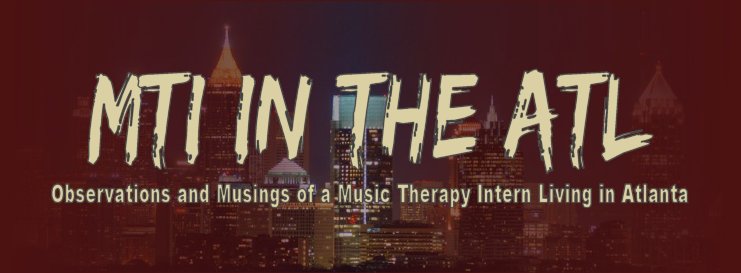Since 2005, the American Music Therapy Association and the Certification Board for Music Therapistshave collaborated on a State Recognition Operational Plan. The primary purpose of this Plan is to get music therapy and our MT-BC credential recognized by individual states so that citizens can more easily access our services. The AMTA Government Relations staff and CBMT Regulatory Affairs staff provide guidance and technical support to state task forces throughout the country as they work towards state recognition. To date, their work has resulted in 35 active state task forces, 2 licensure bills passed in 2011, and an estimated 10 bills being filed in 2012 that seek to create either a music therapy registry or license for music therapy. This month, our focus is on YOU and on getting you excited about advocacy.
“Oh wow, music therapy? I do that all the time! Like when I’ve had a bad day, I just sit in my room and turn up my music.”
I opened my mouth and inhaled, ready to go into my music therapy “elevator speech.” However, before I can utter a word, a voice next to me chimes in.
“Actually, it’s a bit more in depth than that. He uses music to work on other things for kids with special needs, like communication. You have to have a degree in music therapy and be board-certified to do it.”
Wow.
I sat there grinning. I couldn’t have said it much better myself. Actually, I don’t think I could’ve said it any better myself. Spot on!
That voice was my girlfriend, Sherri. Sherri isn’t a music therapist. She isn’t a therapist of any kind. She doesn’t work with children with special needs, or older adults, or in a hospital. Sherri is an artist. She is an amazingly talented photographer. She’s also an amazing music therapy advocate.
When we as music therapists think of advocacy, the question we inevitably ask is “What can I do to advocate?” What can we do to raise awareness for our field? But by limiting this question to ourselves, we neglect those around us who have been our biggest cheerleaders our whole lives: mothers and fathers, wives and husbands, sisters and brothers, significant others, grandparents, and best friends. Those people who we make proud everyday, and who stick up for us on a regular basis.
In many ways, the very fact that Sherri isn’t a music therapist makes her a better advocate than me. Want to know how to explain music therapy to someone outside the field? Who better to ask than someone outside the field? Sherri is really good at making non-therapists understand what music therapy is because she is able to explain it in a way that makes sense to her (also a non-therapist). Additionally, she interacts with a far greater amount of people who are not involved in healthcare or therapy everyday than I do. As a non-therapist, she interacts everyday with non-therapists. That’s more than I can say.
On almost a weekly basis, she tells me about someone else she’s explained music therapy too. Does she give them a fascinating lecture on the iso-principal? An in depth explanation of melodic intonation therapy? Does she outline the research behind NICU music therapy? Of course not. But she plants seeds. Every time she explains to someone what I do, that’s one more person who knows what music therapy is. It’s one more person who the next time they see “music therapy” says “Oh, I know someone who does that!” It’s one more person who can say to their sister who just had their child diagnosed with autism “A friend of mine was telling me about music therapy, why don’t we try to find one?”
So this Music Therapy Advocacy Month, I raise a toast to you Sherri. And to all the parents, spouses, siblings, friends, and relatives of music therapists who do such an amazing job advocating for us. For every one of us, there are at least two loved ones who can and do advocate for music therapy. We are grateful for all your hard work.

Well said, Andrew. Please thank Sherri for advocating music therapy. Thank you to all non-music therapists who help spread the word about music therapy.
ReplyDelete